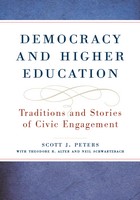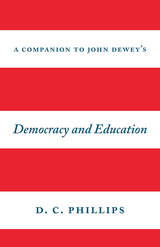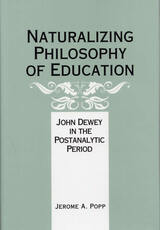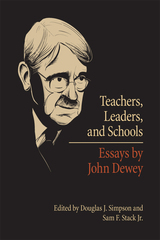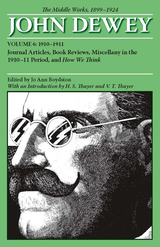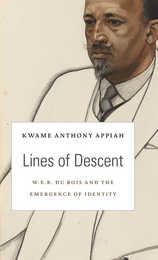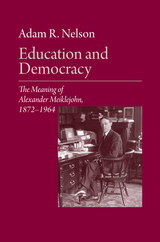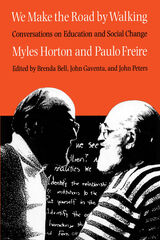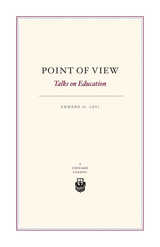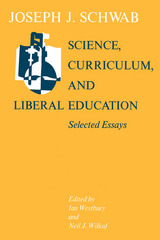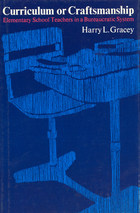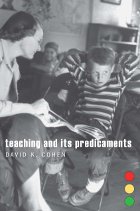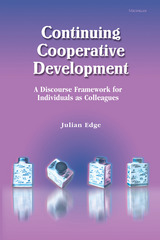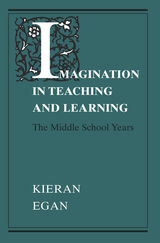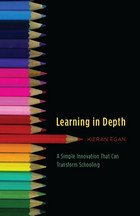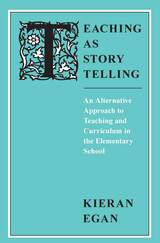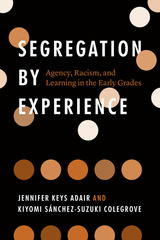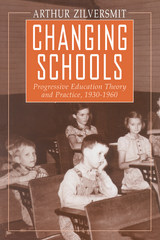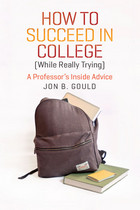Curriculum or Craftsmanship: Elementary School Teachers in a Bureaucratic System
University of Chicago Press, 1972
Cloth: 978-0-226-30595-0
Library of Congress Classification LB1025.2.G64
Dewey Decimal Classification 372.1102
Cloth: 978-0-226-30595-0
Library of Congress Classification LB1025.2.G64
Dewey Decimal Classification 372.1102
ABOUT THIS BOOK | TOC
ABOUT THIS BOOK
Sociologist Harry L. Gracey spent two years studying an East-Coast school system, which he calls "Brookview," and determined that the bureaucratic social structure of schools can have a profound and irreversibly negative effect on the creativity of teachers. This volume tells the story of the "Wilbur Wright" elementary school in Brookview. It examines the relationship between the educational institution as a bureaucracy and the goals of the two main types of teaching orientation found in elementary schools such as Wright.
The majority of teachers are "production" oriented. They believe that their job is to see that the children in their charge complete as much of the standardized grade level curriculum as possible during the school year. They do achieve some success in preparing children for life in a society where bureaucracy is the dominant form of social organization.
The other significant type of teaching orientation is that of the "craftsmen." These instructors see their goal as the development of each individual's learning potential, with the curriculum built upon the specific needs and interests of each child. Bureaucratic school structures do nothing to promote this kind of teaching.
Any ideas that are at variance with the school's organizational structure will fail. The craftsman teachers do not have the time to communicate the standardized programs desired by the school board and also to make use of their own individualistic techniques. Further, the continued use of the former cancels the effects of the craftsman approach.
In delineating his conclusions, Professor Gracey includes his observations on the community and educational setting of the study, the two types of teachers, the administration, the parents, and the children's response to educational organization.
This study is unique in approaching its educational subject matter from a sociological point of view; Professor Gracey intended it as a study of behavior in organizations. It should also serve educational goals, however, and will therefore interest educators and concerned citizens as well as sociologists.
The majority of teachers are "production" oriented. They believe that their job is to see that the children in their charge complete as much of the standardized grade level curriculum as possible during the school year. They do achieve some success in preparing children for life in a society where bureaucracy is the dominant form of social organization.
The other significant type of teaching orientation is that of the "craftsmen." These instructors see their goal as the development of each individual's learning potential, with the curriculum built upon the specific needs and interests of each child. Bureaucratic school structures do nothing to promote this kind of teaching.
Any ideas that are at variance with the school's organizational structure will fail. The craftsman teachers do not have the time to communicate the standardized programs desired by the school board and also to make use of their own individualistic techniques. Further, the continued use of the former cancels the effects of the craftsman approach.
In delineating his conclusions, Professor Gracey includes his observations on the community and educational setting of the study, the two types of teachers, the administration, the parents, and the children's response to educational organization.
This study is unique in approaching its educational subject matter from a sociological point of view; Professor Gracey intended it as a study of behavior in organizations. It should also serve educational goals, however, and will therefore interest educators and concerned citizens as well as sociologists.
See other books on: Craftsmanship | Curriculum | Elementary | Elementary school teaching | School management and organization
See other titles from University of Chicago Press


